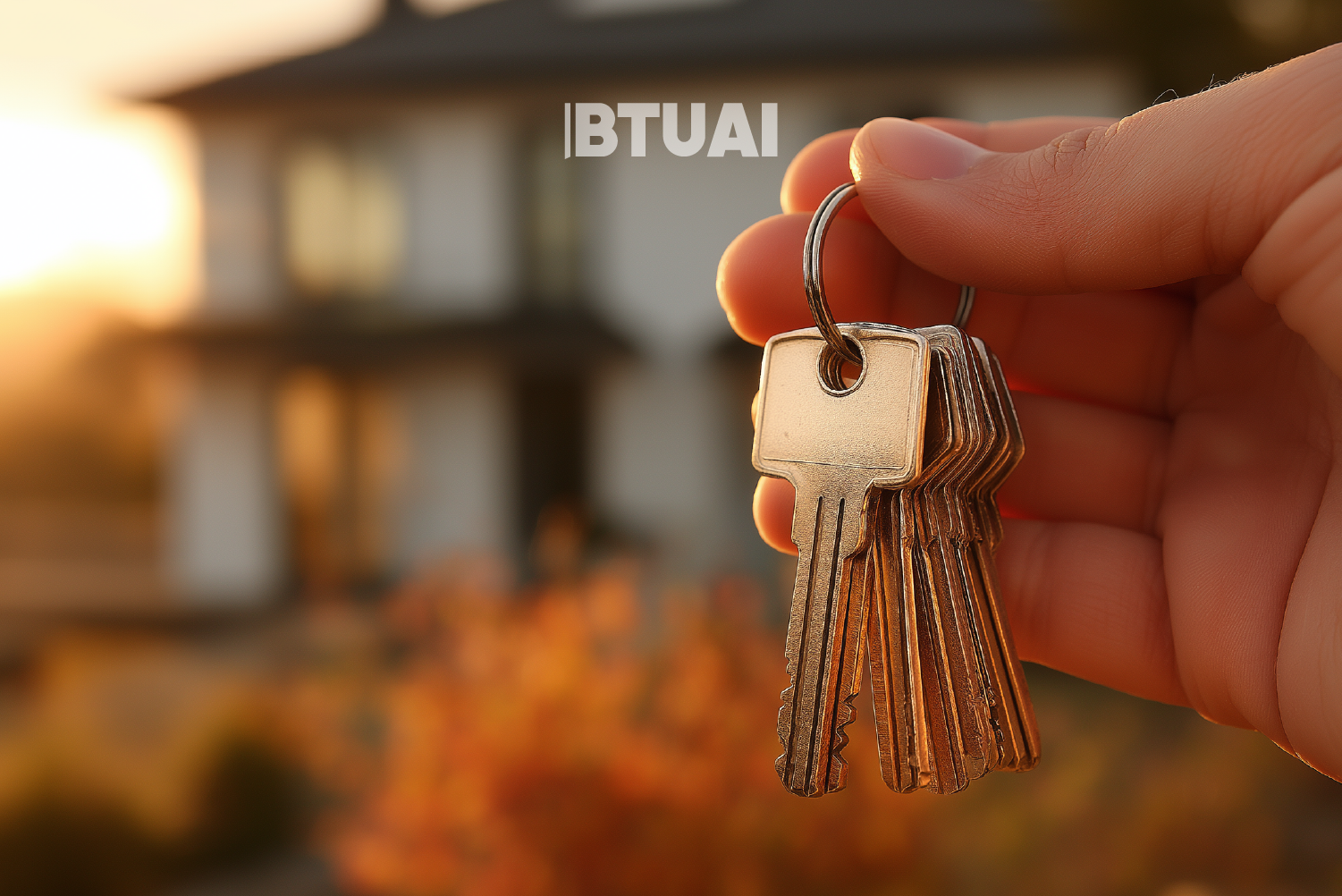Tbilisi’s “Silent Hotels”: How Airbnb is Reshaping the Capital’s Housing Market
Tbilisi has become one of the most striking laboratories of platformized tourism in the South Caucasus. A decade ago,

Tbilisi has become one of the most striking laboratories of platformized tourism in the South Caucasus. A decade ago, the city’s tourism infrastructure was still dominated by small family hotels and hostels. Today, it is defined by an entire ecosystem of short-term rentals operating through digital platforms. According to Airbtics and local market data, there are roughly 6,800 active Airbnb listings in the Georgian capital in 2025, a figure large enough to make the platform a structural factor in the city’s housing economy. Entire neighborhoods, from Old Tbilisi to Vera and Avlabari, now function as networks of “silent hotels” where everyday life is directly shaped by tourist flows.
The economics are compelling. Average occupancy rates fluctuate between 48 and 60 percent, while the average daily rate sits at around 39 USD. A standard apartment can thus generate close to 8,000 USD annually on Airbnb, compared to only 4,000–5,000 USD on the long-term rental market. The difference is so significant that owners are almost automatically pushed into the short-term segment.
This trend was dramatically amplified in 2022–2023, when tens of thousands of Russian and Belarusian migrants arrived in Tbilisi. Rents surged by 70–80 percent in just a year. Apartments that once rented for 300–350 USD a month suddenly cost 600–700 USD. By 2024–2025 there was a partial correction, with average rents falling 10–15 percent from the peak. Yet relative to local incomes the market remains unaffordable: the average salary in Tbilisi is roughly 1,500 GEL, or 550 USD per month, making central apartments out of reach for most young households.
The transformation is visible at the neighborhood level. In some streets of the historic district, more than half of apartments are registered on Airbnb. This changes not only the housing supply but also the social fabric. Grocery stores are replaced by souvenir shops and cafés, while noise levels and traffic congestion rise sharply. In several buildings, residents have tried to impose their own bans on short-term rentals, but without formal legal backing these rules are rarely effective.
Economically, Airbnb has generated entire new service markets. Dozens of cleaning companies specialize in rapid turnaround between guests, hundreds of workers are employed in key delivery services, and more than twenty management firms now operate portfolios of hundreds of apartments. These activities create jobs, but most are low-paid and informal, with little social protection.
The city government, for now, has no dedicated STR regulation. The only instrument is the 5 percent flat tax on rental income, which is simple but blind: the municipality has no data on how many units are active, where they are concentrated, or how heavily they are booked. European cities have responded by requiring Airbnb to share regular data on listings, nights booked, and revenues. Such a system could be decisive for Tbilisi, allowing targeted policies such as micro-quotas for heavily pressured districts or mandatory minimum safety standards.
Without such regulation, the capital risks sliding into a scenario where its historic core becomes a stage set for visitors, while long-time residents are pushed to the periphery. Beyond affordability, this would erode the diversity and authenticity that make Tbilisi attractive in the first place. The city must therefore decide whether to remain a collection of “silent hotels” or evolve into a balanced urban environment where tourism growth is compatible with local livelihoods.




